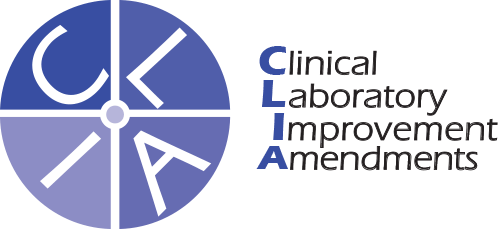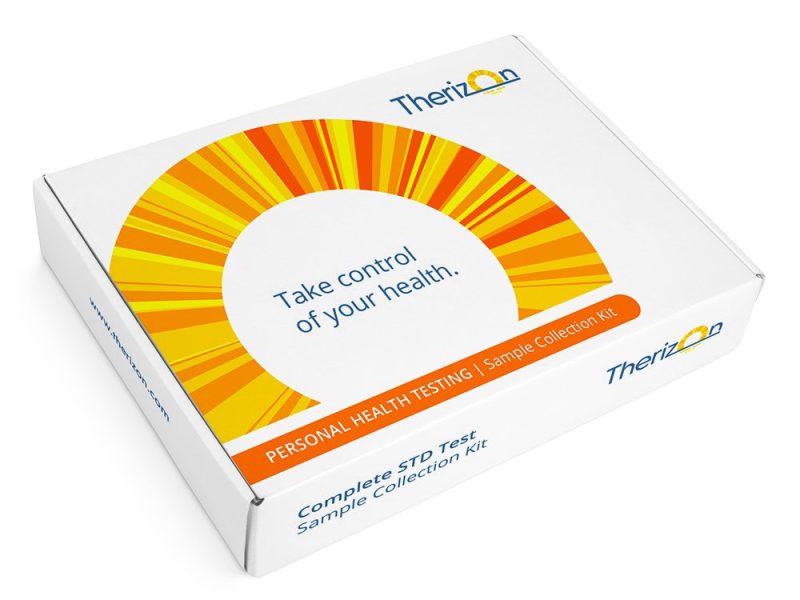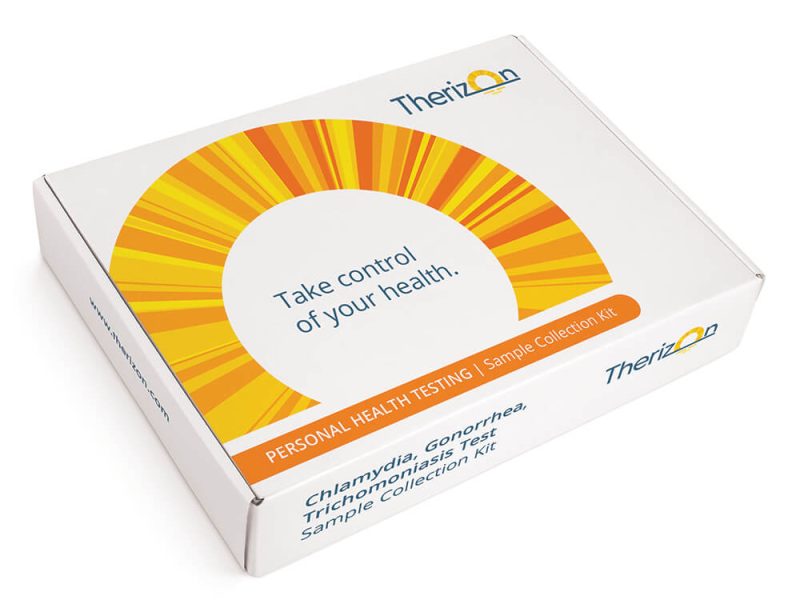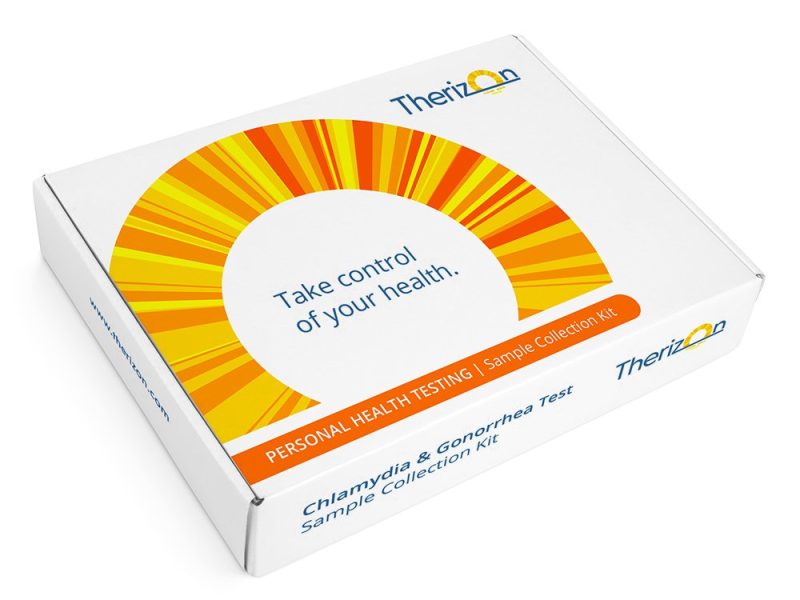STDs can be quickly diagnosed and are often easily treatable too
Sexually transmitted diseases (STDs) are also known as sexually transmitted infections (STIs). They are infections that are usually spread from person to person during vaginal, anal, and oral sex. Although many STDs are quite common, a lot of infected people do not show any symptoms, and are unaware that they have an STD and can pass the disease to others. Without treatment, STDs can lead to serious health complications. However, most STDs are easy to test for and can be effectively treated. Get tested today in the privacy of your own home.
Why consider this test?
You should consider getting tested if:
- You are sexually active
- You have had unprotected sex
- You are entering a new relationship
- You are experiencing symptoms of an STD
- You have had a partner with an STD
If you suspect that you have been exposed to an STD, be aware that there is a “window period” where laboratory assays are unable to detect the STD. This period differs for each STD. Most STDs can be detected with 2 to 4 weeks post-exposure, while others (such as hepatitis C and syphilis) may not be detectable until 10-12 weeks post-exposure.
Symptoms of STDs
Pain and burning while urinating
Rectal pain, swelling or discharge
Abnormal discharge
Bleeding after sex
Itching or burning of the genitals and/or anus
Rash in the genital area or anus
What’s included in this test?
 Chlamydia
Chlamydia
Chlamydia is an STD caused by the bacteria Chlamydia trachomatis. It is the most commonly reported bacterial infection worldwide. Chlamydia is most common among people between the ages of 15 to 24. Approximately 1 in 20 sexually active young women (aged 14 to 24) has chlamydia. It is also common among men who have sex with men.
 Gonorrhea
Gonorrhea
Gonorrhea is an STD caused by the bacteria Neisseria gonorrhoeae. It affects the layer of cells that lines the reproductive tract (the mucous membranes). In women, gonorrhea infections can affect the cervix, uterus, and fallopian tubes. In men, the infection affects the urethra. This bacterium can also infect the mucous membrane of mouth, eyes, and rectum.
 Trichomoniasis
Trichomoniasis
Trichomoniasis is caused by the protozoa Trichomonas vaginalis. Infections affect the lower genital tract, vulva, vagina, cervix, or urethra in women. The inside of the penis (urethra) is the most commonly infected body part in men.
 HIV
HIV
HIV is a sexually transmitted disease caused by the human immunodeficiency virus (HIV). When left untreated, an HIV infection can lead to acquired human immunodeficiency syndrome or AIDS. As HIV attacks the immune system, individuals with AIDS have impaired immunity and are highly susceptible to infections.
How It Works
Order your test
Choose the test that matches your need from our large array of tests. The kit will be delivered to your doorstep. There is no need to leave the comfort of your home.
Collect your sample
Register and activate your test. Collect your sample first thing in the morning. Return your sample to our lab as soon as possible, using the prepaid envelope included in the kit.
Quality guarantee
Your sample will be tested as soon as it arrives in our lab. Your results will be available through our secure online platform.
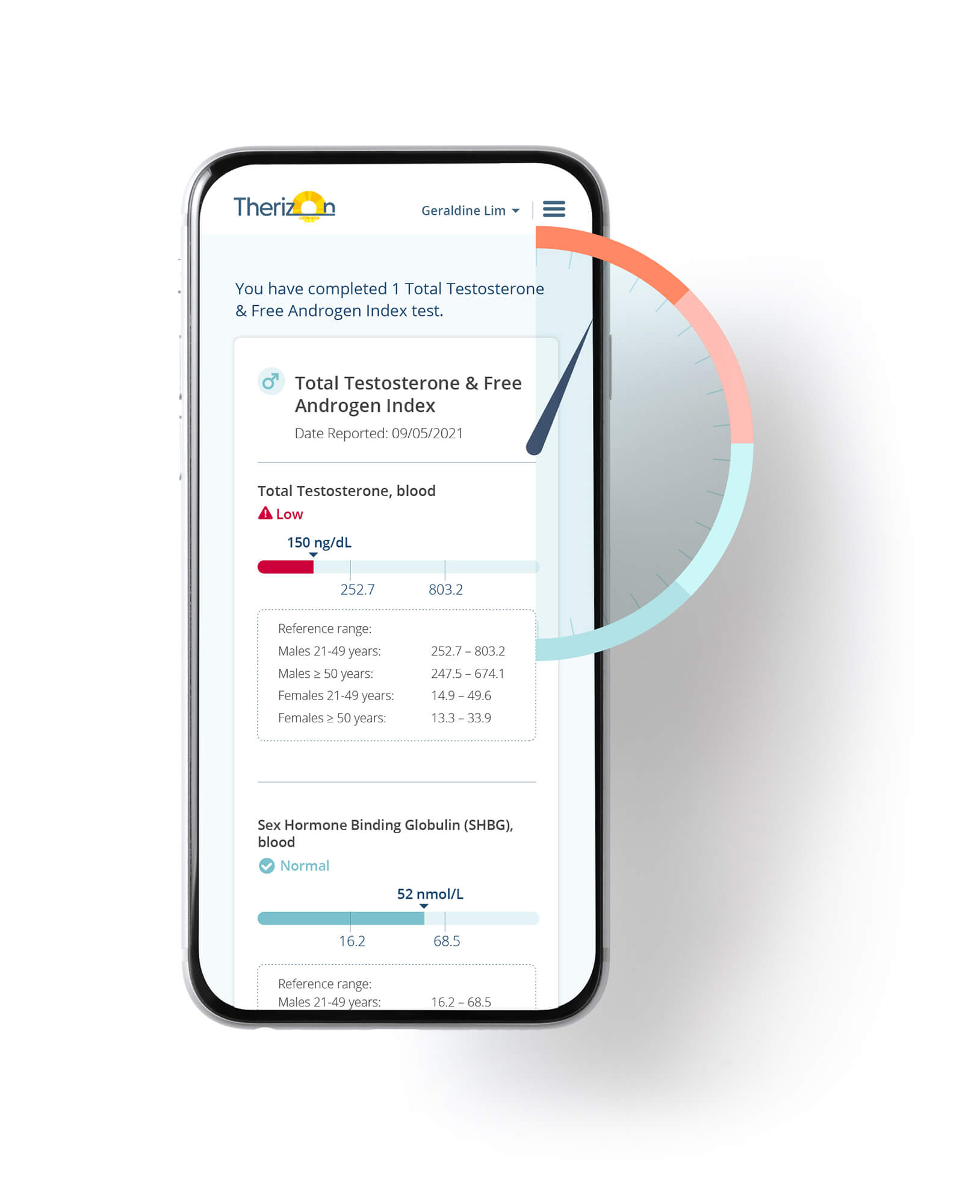
Use TherizonConnect to view your test results quickly and easily
The results are only available through TherizonConnect, a free, secure patient portal that you can access on your smartphone, tablet, or desktop. You can also share your results with your doctor, family, or friends.
FAQ
Here are the answers to the most frequently asked questions about these tests. Please feel free to contact us if you have any other questions.
How does the Complete STD Test work?
Urine and blood samples are self-collected following the detailed instructions included in the kit. Place your samples in the specimen bags provided and mail it back to the lab using the prepaid envelope inside the kit.
Our lab uses several different assays to detect the seven tested STDs. Chlamydia, gonorrhea, and trichomoniasis are detected using a molecular testing technique known as nucleic acid amplification test (NAAT), which detects the presence of the STD DNA from a urine sample. Chemiluminescent microparticle immunoassays (CMIAs) are used to detect infections from HIV, hepatitis B, hepatitis C, and syphilis in a blood sample. CMIAs can detect either antigens (parts of the infectious agent) or antibodies (molecules produced by your immune system in response to an infection).
How can I prevent STDs?
Avoiding vaginal, rectal or oral sex is the only sure-fire way to prevent STDs. If you are sexually active, male condoms when used properly, reduce the risk of getting STDs. Long-term monogamous relationships with a tested partner also reduce the risk.
If I get a positive result, what should I do next?
Contact a health professional to discuss any positive results as soon as possible. Additional testing is required for confirmation for several of the STDs tested. Ensure that any recent sexual partners are aware of your diagnosis so they can also request testing.
Are false-negative and false-positive results possible?
A negative result does not exclude the possibility of infection. False-negative test results may occur due to improper specimen collection, concurrent antibiotic therapy, presence of inhibitors, or organism levels below the sensitivity of the laboratory assays (which is common in the “window period” post-exposure).
False-positive (or false-reactive) results are rare. A false-positive/reactive result may also occur directly after successful antimicrobial therapy for chlamydia, gonorrhea, and trichomoniasis, immediately after hepatitis B vaccination, or in individuals previously treated for syphilis or recovered from hepatitis C. It is important to note that follow-up testing is required to confirm reactive results for HIV, syphilis, and hepatitis C.
Other Tests
$149.00
Convenient at-home test to check for four common sexually transmitted diseases (STDs).
$99.00
Convenient at-home test to check for five common sexually transmitted diseases (STDs).
$79.00
Convenient at-home test to check for chlamydia and gonorrhea infections.
Our Laboratory Accreditations



